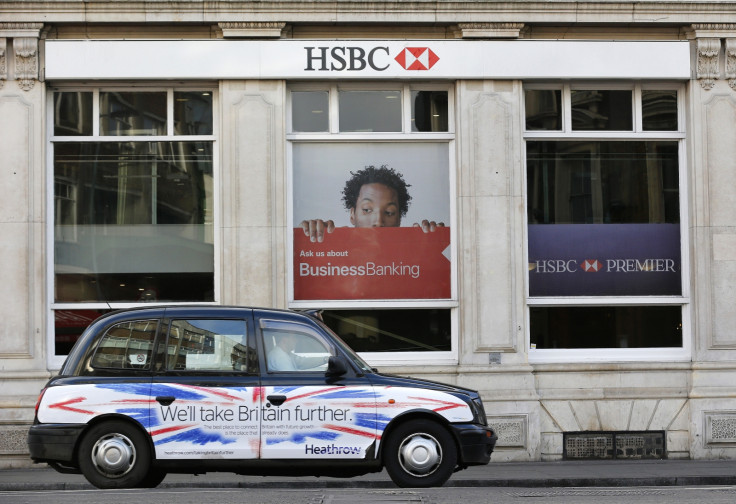US regulators criticise HSBC, RBS and BNP Paribas contingency plans

US regulators said two UK banks needed to improve their contingency plans in case of a catastrophic shock. The US regulators said HSBC and RBS must improve their "living wills" or would face regulatory action, while French Bank BNP Paribas was also criticised.
The so-called living wills are plans of action that detail how a bank would be wound up in the event of their collapse. The US Federal Reserve and the Federal Deposit Insurance Corp (FDIC) said the plans submitted by all three banks were inadequate and needed "significant progress." The FDIC said the plans were "not credible" and the Fed said they needed much more work.
The Dodd Frank Act, passed in 2010 and designed to limit the risk of another financial crisis, requires banks to create living wills that explain how the bank could fail without assistance from the UK taxpayer, as happened in 2008.
All three banks' plans contained "unrealistic or inadequately supported assumptions about the likely behaviour of customers, counterparties, investors, central clearing facilities, and regulators; and inadequate analysis regarding interconnections within the firms," the report said.
Banks have spent hundreds of millions of dollars in an attempt to streamline their businesses and to convince regulators that they are able to be wound down in the event of a catastrophic shock. However, it appears that they have failed to satisfy the regulatory demands in the US, which puts them in more danger of being broken up.
Under the Dodd Frank Act, regulators have the power to shut down or split up US entities, or the US operations of a foreign entity. The Fed and the FDIC have criticised a number of banks for their contingency plans in the past.
In 2014 they reached a similar verdict regarding 11 other banks, including Barclays, Deutsche Bank and JPMorgan Chase, after they submitted living wills.
© Copyright IBTimes 2025. All rights reserved.






















